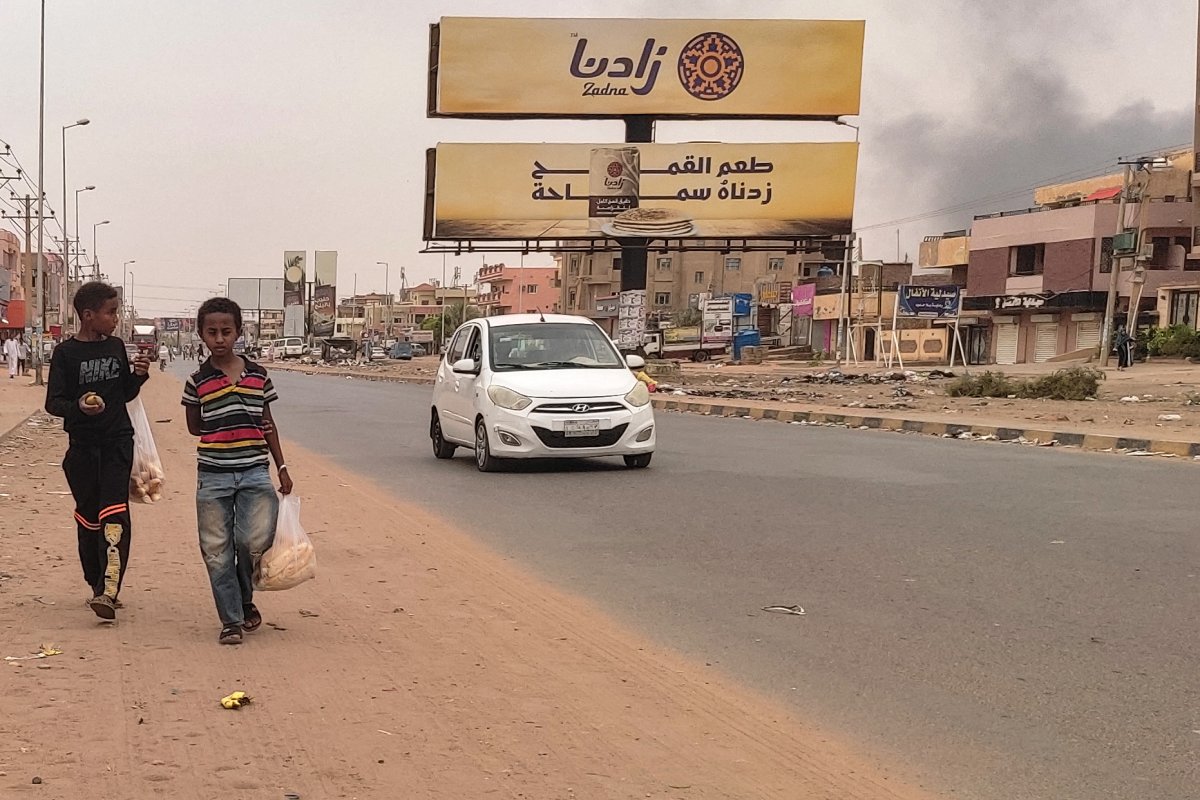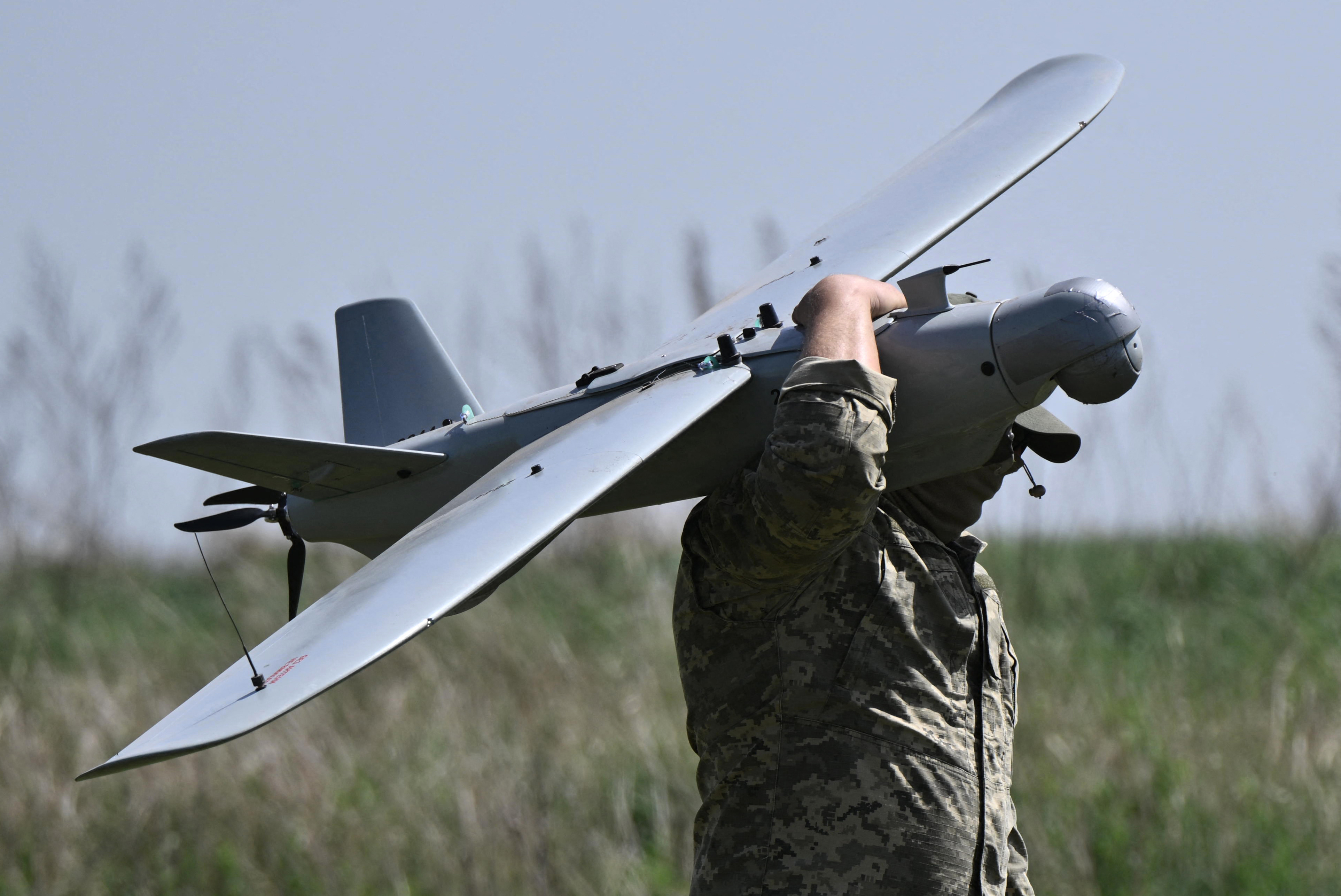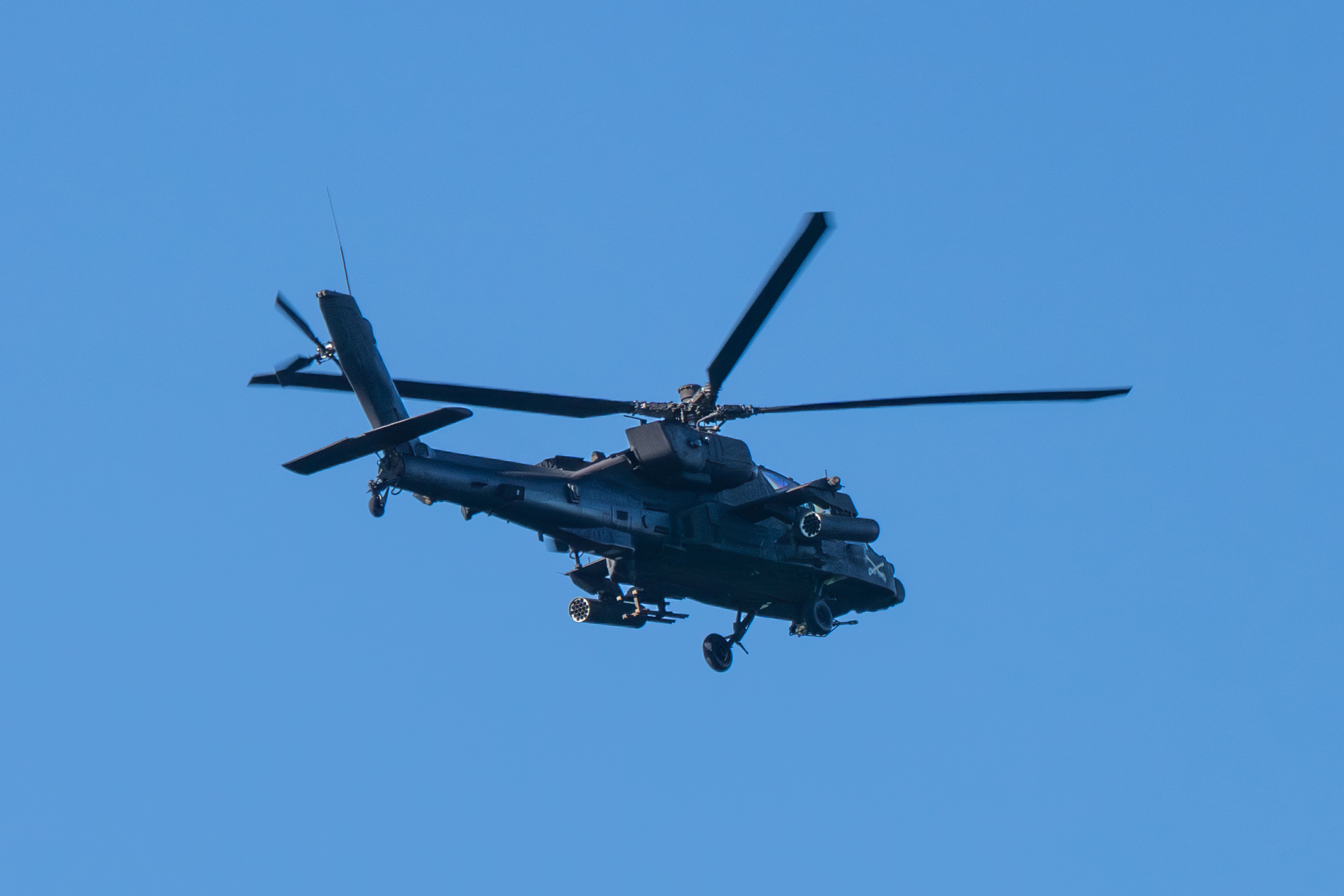I am a Sudanese aid worker in Poland, helping Ukrainian refugees for over a year. I witnessed firsthand the glaring double standard of how the world treats displaced people in different countries based on their origins. There is a stark contrast between the response to Russia's invasion of Ukraine and the ongoing war in Sudan. The world's selective attention and inadequate response to the plight of Sudanese refugees reflects a lack of political will and a failure to prioritize human lives over geopolitical interests.
When Russia launched its attack on Ukraine in February 2022, the international community swiftly rallied to condemn the aggression and provide immediate support to Ukrainian refugees. Neighboring countries like Poland, Moldova, Romania, and others in the region swiftly opened their borders to welcome the influx of millions of Ukrainian refugees. The United Kingdom, Canada, the United States, and other Western countries promptly mobilized resources, funding, and humanitarian aid to address the needs of those fleeing the conflict.
Within days of the war, aid organizations, U.N. agencies, and local authorities rushed to border points across several European countries to assist and provide essential emergency services. In Poland, nonprofits provided water and hot meals and distributed donations of clothes, blankets, and other household items. Tents were set up at the border to provide all types of emergency assistance, including mental health support. People in Poland didn't hesitate to open their homes to provide refugees from Ukraine with a safe place to sleep or a warm meal to share.
Meanwhile, I am watching a completely different narrative unfold in Sudan. Since April 15, 2023, Sudanese civilians have been caught in the crossfire of a war between the Sudanese Armed Forces and the Rapid Support Forces. This conflict has resulted in the displacement of over 3 million Sudanese people, yet the response from the international community has been woefully inadequate. Neighboring countries have exacerbated the situation by either closing their borders or imposing stringent entry requirements that have led to people being stuck at borders for weeks without food or water. Some of my family members have been stranded in Halfa, a border town in northern Sudan near the Egyptian border for nearly two months, waiting for the consulate to issue them visas to enter the country. Frequently changing visa requirements continues to create a never-ending sense of chaos and confusion, leading to families being split apart.

There are thousands of people stuck in Halfa and other border crossings. They have been stranded for weeks, if not months, without hardly any local or international support. Children are suffering from respiratory infections and diseases, but the options for treatment are few and far between due to a severe shortage of medicine at ill-equipped hospitals. Once in host countries like Egypt, Sudanese refugees are too often left to fend for themselves without any support. For many, there are no formal shelters or safe places to sleep. No one is offering mental health support for people to cope with the trauma of fleeing conflict, surviving sexual violence, or witnessing a family member die. There is a humanitarian and health crisis unfolding right in front of us and the world is just watching—why?
This doesn't have to be the case. We have seen the world rally to support people seeking safety in other contexts. Foundations, governments, corporations, and everyday people donated billions of dollars to support the people of Ukraine. Yet, when it is an African country in a civil war—the world is quiet. Every day I see more and more organizations set up offices in Warsaw and Krakow to support the refugee response in Poland while border towns in Chad and Egypt remain barren. Again, we are witnessing disparities in the value of human life.
While the people of Sudan wait for peace negotiations, or even a lasting ceasefire, Sudanese refugees are crying out for the world's support. It is undoubtedly challenging to deliver aid directly to Sudan. Still, there is a way to support Sudanese refugees in neighboring countries such as Ethiopia and Chad, where accessibility is less of a hurdle. Organizations like mine are ready to respond, but without adequate funding, our efforts are limited. We need the same community that rallied around Ukrainian refugees to fund similar efforts to support Sudanese refugees.
The world must confront its double standard in aid response. Every life is equally valuable, regardless of geography, race, or political significance. Sudanese refugees, like their Ukrainian counterparts, deserve immediate attention and robust humanitarian assistance.
Nazik Salih is regional team lead for Project HOPE.
The views expressed in this article are the writer's own.
Uncommon Knowledge
Newsweek is committed to challenging conventional wisdom and finding connections in the search for common ground.
Newsweek is committed to challenging conventional wisdom and finding connections in the search for common ground.
About the writer
To read how Newsweek uses AI as a newsroom tool, Click here.






